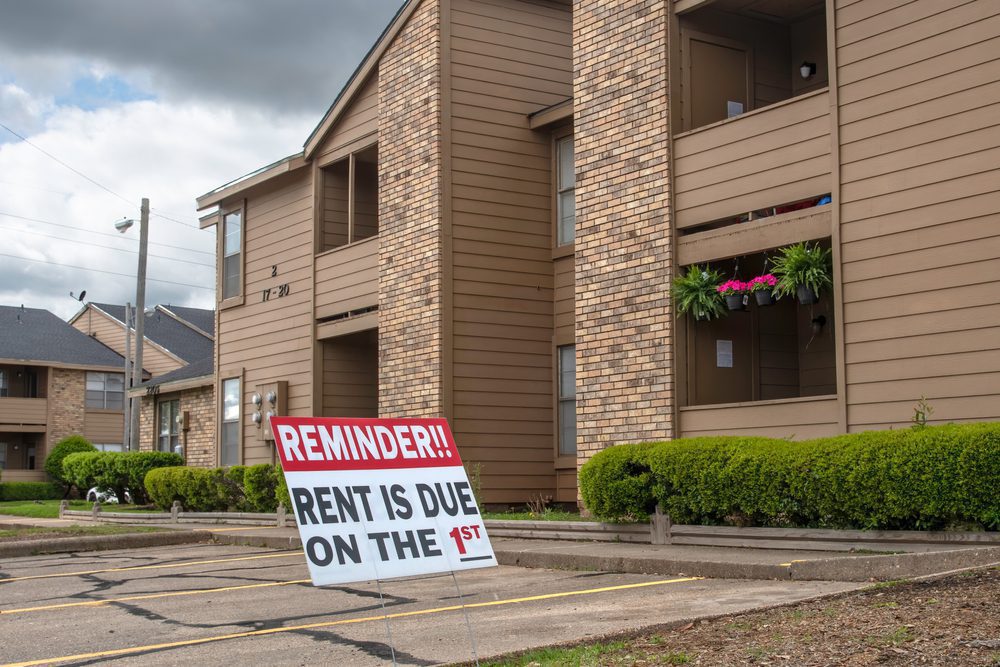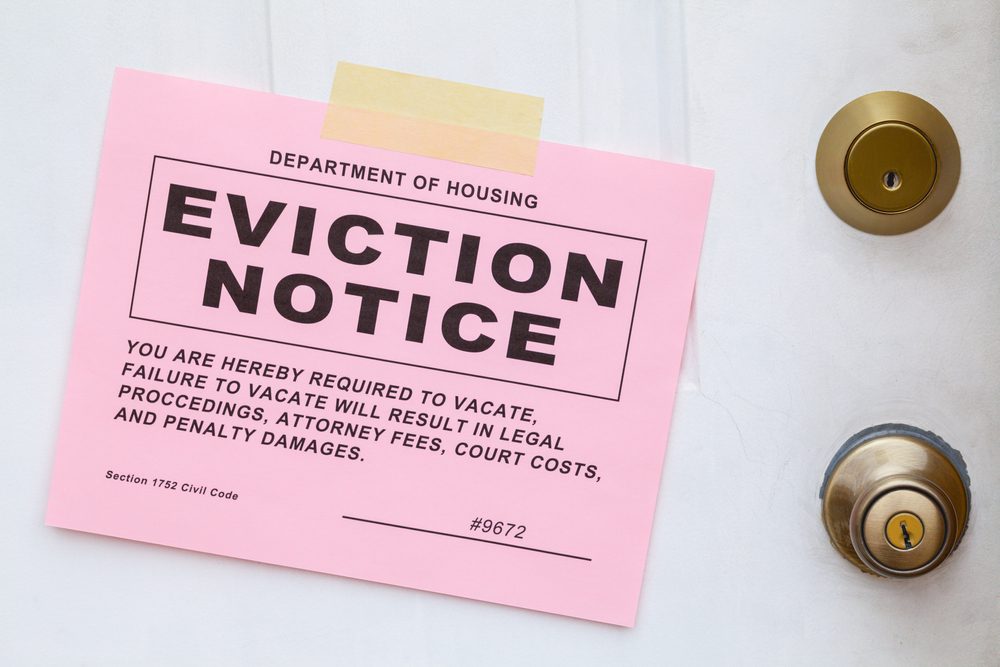Advertiser Disclosure: Many of the companies featured here provide compensation to us. This is how we maintain our free service for consumers. Compensation, along with hours of in-depth editorial research, determines where & how companies appear below.
What can you do? Can an eviction be reversed?
If you’re facing eviction, you may feel helpless and alone. But there are ways to fight back and stop the eviction process. Learn how to reverse your eviction and keep your home.
Are you at risk of being evicted? Have you already been served an eviction notice? Just because you’ve received an eviction order doesn’t mean you have to leave your home immediately. In fact, this is just the beginning of the legal process. As a tenant, there are steps you can take to stop the eviction from going through. Keep reading to find out what you can do to reverse an eviction.
Common Reasons for Eviction

There are generally two types of evictions that can occur. The first is when the tenant has breached the terms of their lease agreement, such as by falling behind on rent payments or violating other provisions in the contract.
The second is a no-fault eviction, If a landlord plans to end a month-to-month rental agreement, or breaks a lease without cause, this is considered a no-fault eviction. In this case, the tenant has a few options available to them in order to reverse the expulsion:
- You owe rent. You need to pay up!
- There is a broken agreement that needs to be remedied by the date provided in the notice
- File a motion to dismiss the eviction
Pay Your Overdue Rent as Soon as Possible

If you want to avoid getting evicted for failing to pay rent, make sure you pay the amount owed by the deadline. If you wait until after you receive a summons and complaint, you’ll have to pay even more.
- For the rent owed (including rent accruing after getting the notice)
- Interest on the amount owed
- The cost of filing the case
The cost of evicting a tenant can be significant, as it includes expenses such as purchasing the summons and complaint form and filing them in court. However, the law provides some flexibility on when rent must be paid. For example, you may choose to pay:
- On or before the answer or hearing date
- On or before the date on the eviction order
- After the eviction date but before the authorities lock you out
- Before the eviction date
Paying Rent Before the Deadline
If your landlord wants you to leave, they’ll give you a Notice to Terminate Tenancy. This notice will list the amount of money owed, how that amount was calculated, and the date by which you’re required to move out.
If you pay your rent on time, the eviction order will be reversed. tenants who pay rent daily or weekly must pay within seven days in order to avoid eviction. To ensure that the eviction is reversed, get a written and dated receipt for the amount of rent you paid, as well as a written agreement from the landlord to dismiss the case. Showing these documents at the hearing provides solid evidence that the eviction should be dismissed.
Paying On or Before the Date of the Eviction
If you are unable to pay the amount due by the hearing date, you can also reverse the eviction order by paying on or before the date you are supposed to move out. In this case, the tenant must pay the whole amount specified in the eviction order, as well as any rent that has accrued since the order was served. Since this additional amount may not be included in the original order, be sure to include it when making your payment.
If you’re making a payment to your landlord, always get a receipt and request written confirmation of payment. This way, you’ll have a record in case any issues arise later on.
You may also want to consider filing a Motion to Cancel the Eviction Order to avoid any potential errors that could result in your eviction. In your Motion, you would need to state when and how you made payment to the landlord. By filing a Motion, you would also be required to file an Order. The Order form is the document signed by the judge stating whether or not your motion is granted, and if the eviction is reversed or not.
In some cases, a hearing may not be necessary if you take the appropriate actions and pay the required amount to void the eviction order. The court will aim to confirm that you took the necessary actions stated in the motion and paid the correct amount. The tenant must also send a copy of this order to the Sheriff’s office to avoid eviction.
File a Motion

A tenant can avoid eviction by filing a motion to dismiss. If the landlord did not follow the proper procedures when filing the eviction, the tenant can file a motion to have the case dismissed before trial. It is best to file the motion on or before the deadline to answer the summons. The following are some reasons why you may want to file a Motion to Dismiss:
- When the landlord fails to send proper notice to move out
- If the landlord didn’t serve you with the summons and complaint properly
- You have paid all the rent owed
If any of these apply to you, you may be able to file a motion to vacate the judgment. For example, if you have reason to believe that you were wrongfully evicted, or your landlord did not take the proper action to evict you. In that case, you will notify the court of this immediately via a motion to vacate the judgment. You also need to file an order. This order will document the judge’s decision stating if they agreed to your motion to vacate the judgment or deny it.
An eviction can be a terrifying experience if you don’t know what to do. If you’ve already been evicted or you are in the process of being evicted, we hope these insights give you some steps you can take to reverse the eviction process.

